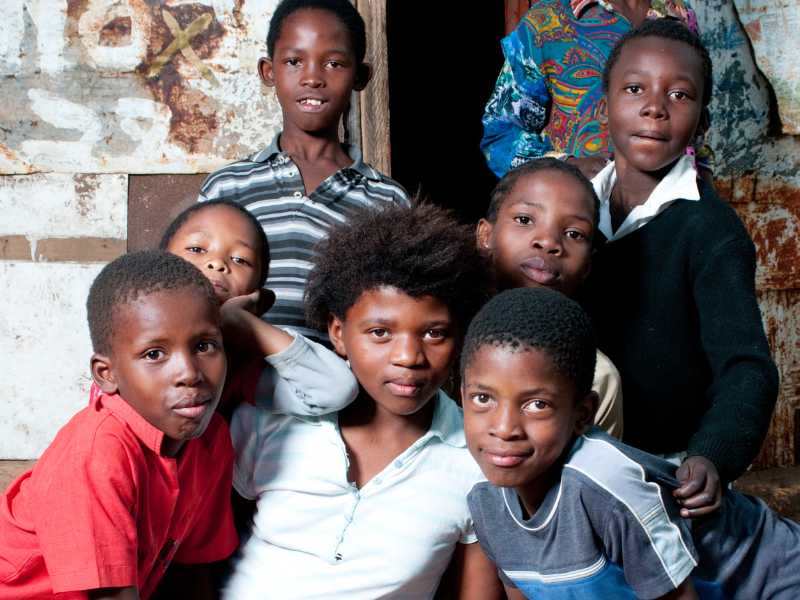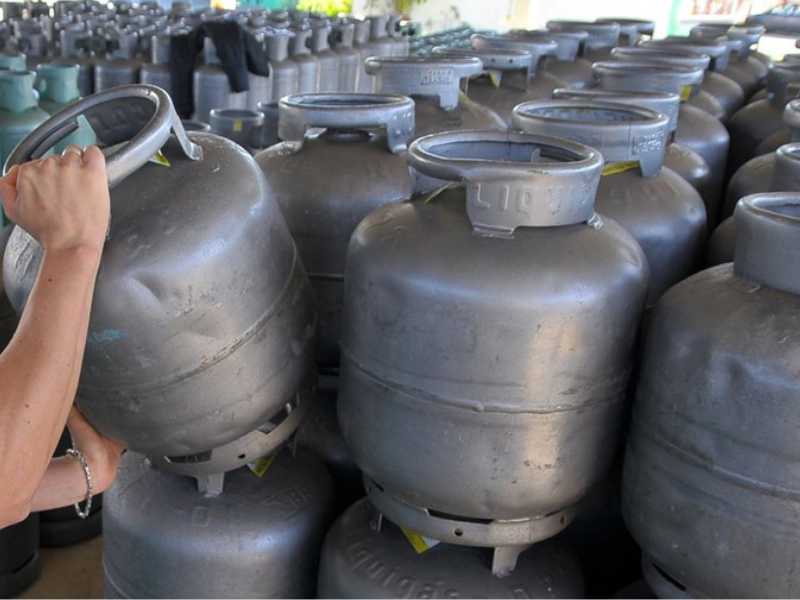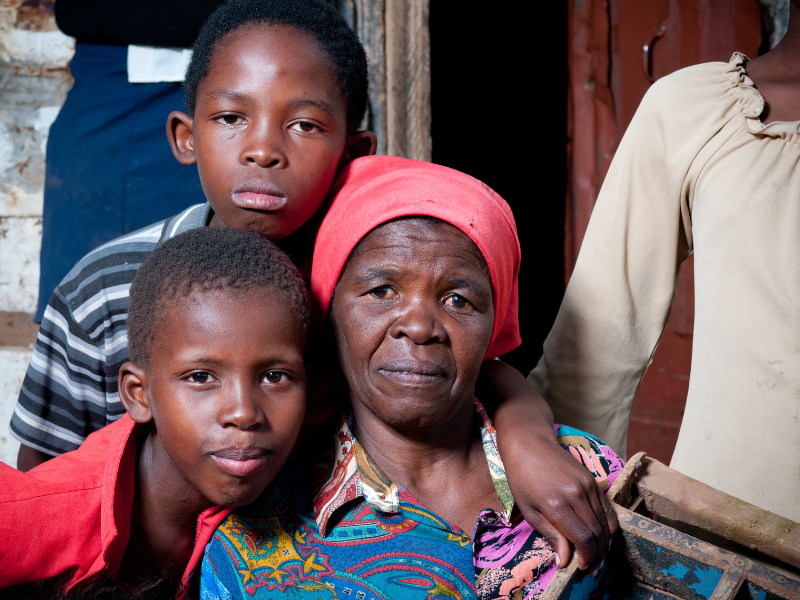Advertisements
Since its launch, Pix has revolutionized financial transactions in Brazil, offering a fast, secure and free way to send and receive money at any time and day. Now, the system is about to take an even bigger leap with the introduction of Automatic Pix, a new feature that promises to further simplify the financial lives of Brazilians.
Therefore, check out all the details below regarding this new tool that will soon be available in the lives of Brazilians.
See more:Nubank boxes: how much do they yield?
Advertisements
Objectives of Automatic Pix
This innovation aims to automate payments and transfers, eliminating the need to manually perform operations for recurring transactions. So, imagine having your bills paid automatically on the due date or transferring a fixed amount to another account regularly without having to remember to do it. This not only saves time but also reduces the risk of late payments and penalties for forgetfulness.
“Automatic Pix” will work by allowing users to set up recurring payments directly from their bank account, using Pix’s infrastructure. This will be especially useful for regular expenses, such as:
Advertisements
- Utility bills;
- Rent;
- Monthly subscriptions.
Furthermore, the functionality promises to be intuitive, with users being able to establish parameters such as payment frequency, amount and recipient through their banking applications.
Therefore, this new feature will bring benefits to both consumers and companies, optimizing cash flow and ensuring greater financial predictability.
Benefits for everyday life
The main advantage of “Automatic Pix” is convenience. This is because it eliminates the need to remember to pay each bill individually. In other words, the idea is to reduce the time spent paying bills.
For businesses, it means receiving payments more predictably and efficiently, improving receivables management. In addition, payment automation can help avoid late payments and associated fines, contributing to more stable financial health for both individuals and businesses.
Image: Agência Brasil
























